UnitedHealth Under Siege: Cyber Threats and the Fight to Keep Healthcare Running
The Inside Story of a Ransomware Attack and the Rally to Restore Vital Services

UnitedHealth Group has reportedly paid $22 million to regain access to its data and systems, which were compromised by the Blackcat ransomware group. This information emerged from a post on a hacker forum, with the payment being made through a transaction of approximately 350 bitcoins, valued around $23 million at the time. This was substantiated in part by a firm specializing in tracking cryptocurrency transactions. Blackcat had previously claimed responsibility for a cyberattack on Change Healthcare, asserting they had obtained millions of confidential records, though this claim was later withdrawn.
The response from UnitedHealth Group to inquiries about the incident has been pending, and there has been no recent update on the Optum status page concerning efforts to address the breach. Paying ransoms to hackers is not unusual for major corporations facing significant operational disruptions due to cyberattacks, as noted in the case of the February 21 attack on Change Healthcare, impacting healthcare providers and pharmacies.

The significance of the breach has prompted calls for action from the American Medical Association (AMA), which is seeking emergency support from the Biden administration for physicians affected by the service outage. The cyberattack has led to a significant pause in revenue for medical practices, now extending over twelve days. The AMA is advocating for comprehensive measures to assist physician practices in maintaining operations and ensuring patient care continuity.
Critical issues highlighted include the disruption of essential administrative and billing functions, challenges in processing claims and verifying patient coverage, and the halt of many revenue cycle processes. The AMA also emphasizes the need for alternative methods for submitting claims and the substantial administrative burden placed on practices to manage these interim solutions. This situation has increased operational costs and complications for medical practices, with the AMA and other healthcare organizations urging for immediate and effective response measures to mitigate the impact of the cyberattack on healthcare delivery.
To safeguard against cyber threats and enhance your company's cybersecurity posture, it's essential to adopt a comprehensive approach. Start by conducting regular risk assessments to pinpoint vulnerabilities and prioritize security measures. Implement multi-factor authentication for an added layer of security and encourage the use of strong, unique passwords. Educating employees on cybersecurity best practices and current phishing schemes is crucial, as is keeping all software up to date to protect against known vulnerabilities. Regular data backups, employing endpoint protection, securing networks through firewalls and encryption, and continuous monitoring for suspicious activities are foundational steps. Limiting access to sensitive information through the principle of least privilege, developing a practiced incident response plan, securing physical assets, following secure coding practices if you develop software, using secure connections like VPNs, and regularly auditing security practices and policies will collectively strengthen your defense against cyber threats. By integrating these strategies, companies can fortify their defenses, ensuring a robust cybersecurity framework that minimizes risks and maintains operational integrity in the face of digital adversities.
Clients who adhere to a debt relief program can expect an approximate saving of 57% before fees, or 22% inclusive of fees, spread over a period of 6 to 24 months. It's important to note that these estimates are based on debts that have been enrolled in our program. Please be aware that not all types of debts qualify for enrollment, and not all clients may complete our program due to factors like the ability to save sufficient funds. These estimates are based on prior results, which will inevitably vary depending on individual circumstances. While we aim to reduce your debts, we don't guarantee a specific reduction amount or percentage, nor do we promise that you'll be debt-free within a certain time frame. We don't take over consumer and/or business debt, and we don't offer tax, bankruptcy, accounting, legal, or credit repair services or advice. For information on the tax consequences of debt settlement, please consult a tax professional. For information on bankruptcy, consult with a bankruptcy attorney. Should you have further questions about our services, we encourage you to contact us.
© Copyright 2024 Clear Creditor Solutions All Rights Reserved.









